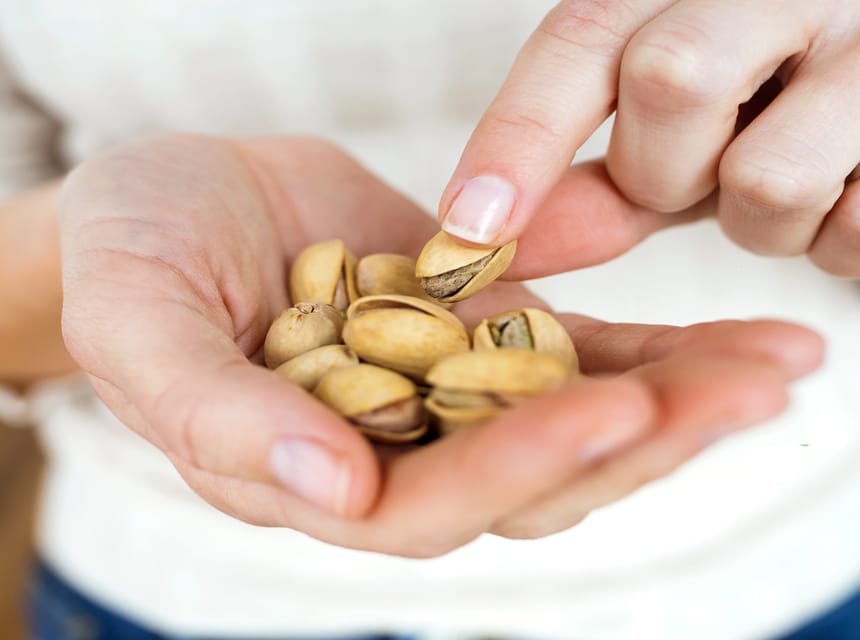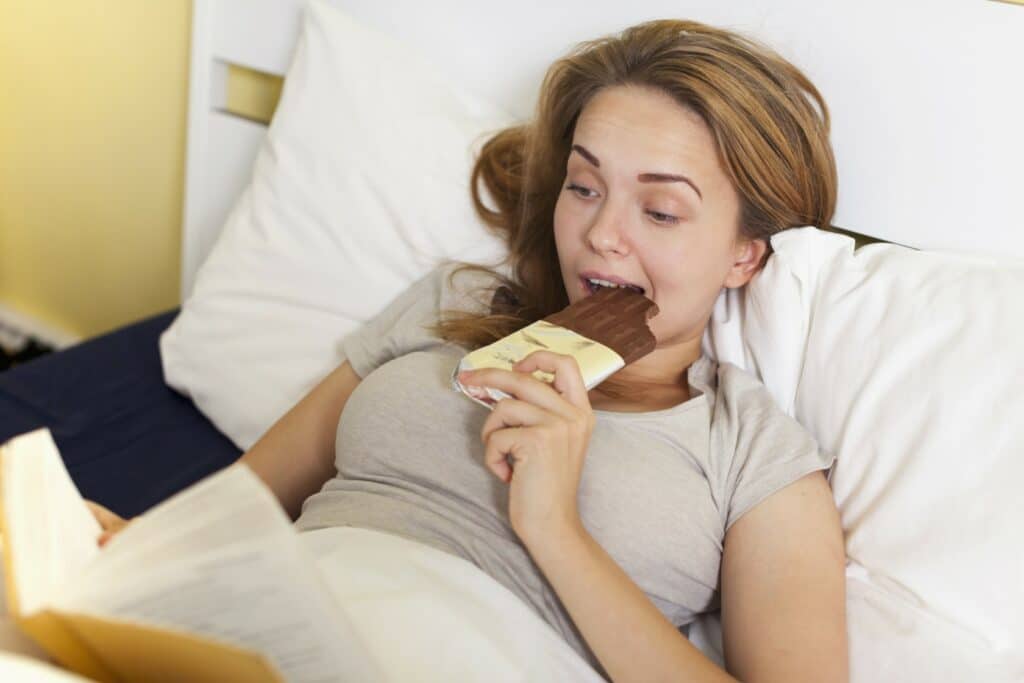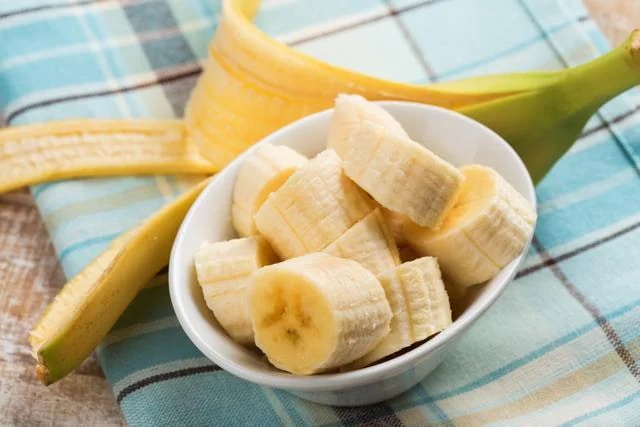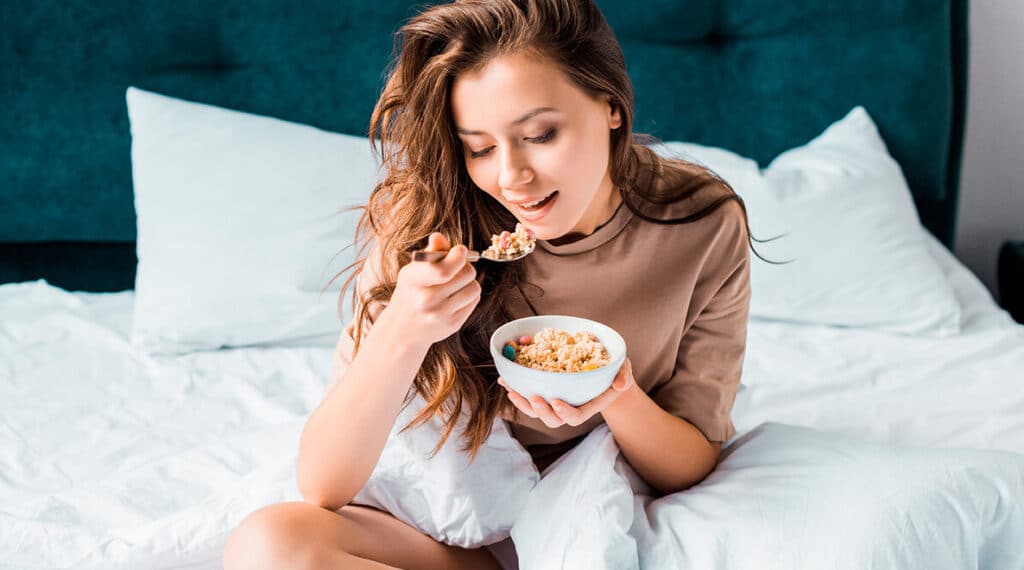

Ah! Holiday meals with the family! With alcohol flowing and the plates of the guests at the table filled with turkey, what better way to get in the mood for Christmas and the New Year?
Discussions are lively, cacophonous and bursts of laughter punctuate the stories told by the joker in the family. And yet, a few hours later, these good people will find themselves slumped on the sofas in the living room, dozing, almost inanimate. Why this sudden change of attitude? It all seemed like a myth the first time you heard a dish of turkey can serve as a dose of diphenhydramine. But, after all, it may not be a myth. But if that’s true, why does turkey make you sleepy?
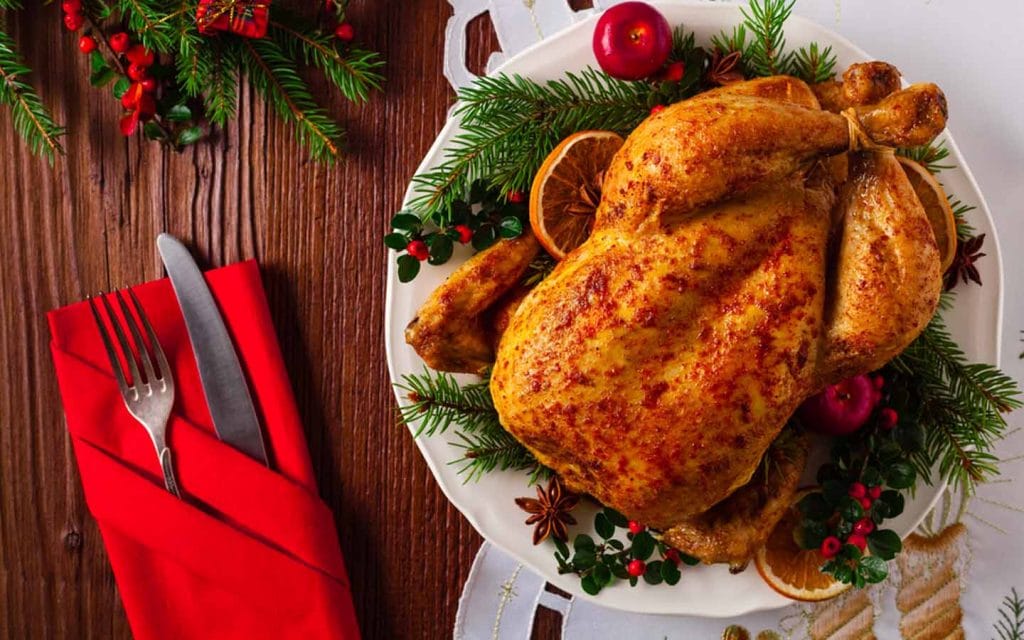
Yes, if you’re not careful with how much turkey you consume on Thanksgiving Day, a turkey meal can make your system react as with a white noise machine and you’re going to end up drowsy on a supposedly fun day.
As Richard Wurtman of the Massachusetts Institute of Technology (MIT) says, a diet high in tryptophan increases the amount of serotonin in the brain. As life sometimes hurts, serotonin is a neurotransmitter that would cause drowsiness. So once the stomach is full with a meal that contains that, it is quite normal to want to start the night quickly to fall asleep in the arms of Morpheus.
A 200 calorie serving of turkey is said to contain 433 milligrams of tryptophan. In comparison, a dose of a tryptophan pill contains 500 mg. The NOW Tryptophan Supplements contains 500 milligrams of L-Tryptophan but supports more relaxation and a positive mood.
However, turkey is not the only poultry food with tryptophan. Chicken, actually, contains more tryptophan Trusted Source L-Tryptophan: Does Turkey Really Make You Sleepy? WebMD investigates whether tryptophan in turkey is really responsible for sleepiness after the Thanksgiving feast. www.webmd.com than turkey, according to Dawn Jackson Blatner, the author of The Flexitarian Diet. Meanwhile, beef contains 279mg.
However, according to biologist H. Craig Heller of Stanford University in California, studies show that stretching the small intestine and overloading the stomach with protein and fat make you want to sleep Trusted Source Does Turkey Make You Sleepy? - Scientific American Scientific American is the essential guide to the most awe-inspiring advances in science and technology, explaining how they change our understanding of the world and shape our lives. www.scientificamerican.com . He also explains that the blood flow is then more intense at the gastrointestinal level to start the digestion of food. Result: there is less blood elsewhere in the body, and therefore less energy since the latter is concentrated where it is needed! Hence an uncontrollable urge to sleep. Another phenomenon must also be taken into account. And the answer is in the dessert!
Among all the light foods that set trends, turkey is one of those that has managed to take the lead as light and preferred food in weight loss diets.
It contains vitamins of group B, minerals, water, and proteins. For turkey to be a portion of healthy food, it is recommended to consume it as fresh unprocessed meat.
It also contains B vitamins, especially B6 and B12. It also contains a large amount of water (about 75% of its composition)
Turkey is a light food with many benefits for your health. Turkey is part of the group of lean meats, its consumption of which is recommended two times a week. Likewise, a serving of this food is recommended for those who engage in moderate physical activity, between 20 and 39 years of age. It is ideal in diets aimed at reducing weight. It is also suitable for people with high blood cholesterol levels.
Almost 80% of turkey meat is made up of water, so its consumption helps keep our body hydrated. It also has a high content of vitamins that promote the proper functioning of the immune system and delay the symptoms of aging.
Thanks to its mineral and vitamin content, it protects cardiovascular health. It can be consumed by people who have high uric acid. Because of its iron content, it is often recommended to people suffering from anemia.
It is suitable for people who have digestion difficulties such as children or the elderly. Containing a lot of water, it improves the appearance of the skin because it favors hydration.
Thanks to the selenium content it has, it can reduce the risk of death in lung, prostate, or breast cancers. It prevents cellular aging and fights against free radical damage.
It contributes to maintaining the health of bones, muscles, nails, and hair. Due to its content of zinc, it collaborates in the correct functioning of the prostate and the development of the reproductive organs. It prevents acne as it regulates the sebaceous glands and promotes wound healing.
And last, but not least, it helps you to sleep, even at the worst possible moments!
Have you just finished eating a great plate of turkey and are now having a hard time keeping your eyes open? There are ways to stay awake and leave the tasks of falling asleep to the sleep mask and sleep trackers.
First, avoiding carbohydrate-rich meals is one way to combat sleepiness after meals. So, watch the carbs you accompany with a dish of turkey. In particular, the advice is to avoid refined carbohydrates and sugars, which contribute to the feeling of post-meal sleepiness due to their high glycemic content.
Some herbal tea products such as the Organic Sencha Leaf Tea are known for helping with sleep. The upside however is that it contains catechins which help with cell aging.
Although it may seem obvious, drinking plenty of water during a meal of turkey is one of the remedies for post-prandial sleepiness. By introducing water into the body, you can help the body to regenerate and the brain to oxygenate.
After your lunch break, all you want to do is lie down and rest? There’s nothing more wrong. Take a little walk, preferably outdoors, or, if that’s not possible, take the opportunity to take a walk and stretch your legs: this will help keep you awake and counteract sleepiness.
If there is a king of great banquets, it is undoubtedly the turkey. Starring in Thanksgiving dinner and Christmas meals, it is one of the most anticipated foods at this time of year.
Roasted, presiding over the center of the table, the turkey is traditionally eaten in the United States on the last Thursday of November, on the occasion of Thanksgiving, although it is also very common at Christmas Eve dinners. Not surprisingly, it is a meat low in calories and high in protein, vitamins and folic acid, which, accompanied by a rich garnish such as Brussels sprouts, makes for a delicious dinner.
So, why does turkey make you sleepy? The concluding answer to this question is now clear. The presence of tryptophan, an amino acid, in turkey is associated with drowsiness and sleep. Its presence in turkey. But this meat does not contain an exceptional amount. In fact, no more than pork, beef, and, and less than chicken. Any large meal can create a state of drowsiness because it decreases blood flow and oxygen supply to the brain.


